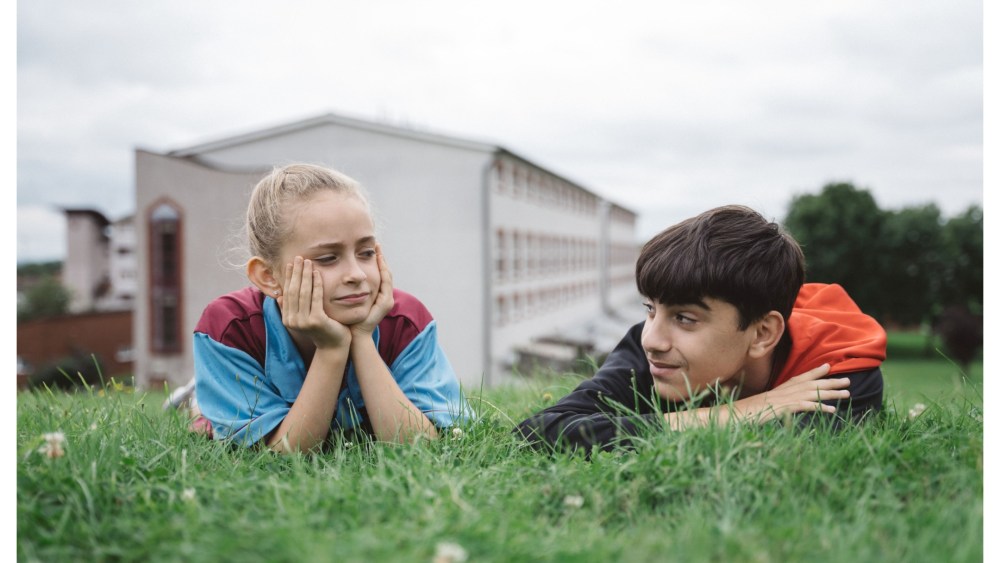Scottish Producers Hail Return of Edinburgh Industry Program
The 77th Edinburgh Intl. Film Festival sees the return of its industry program after last year’s interim edition following the collapse of the festival’s parent company, the Centre of the Moving Image, in 2022. Spearheaded by conversations with Gaspar Noé and Alex Garland, Edinburgh’s industry program runs Aug. 16-18, nested within the festival dates of Aug. 15-21.
The industry weekend will comprise a series of panels and networking opportunities for Scottish and international creatives, and features new collaborations and partnerships with Fringe organizations and venues. Panellists include “Scrapper” director Charlotte Regan, BBC Film director Eva Yates, WME Independent head Alex Walton, Picturehouse Entertainment acquisitions manager Julia Trawinska and producer, writer and curator Lynda Myles.
Speaking with Variety ahead of the festival, Scotland-based producers celebrated the return of EIFF’s industry program while bringing up the need for more networking and talent development opportunities in Scotland year-round. BAFTA Scotland winning producer Nadira Murray, whose debut feature “Winners” (directed by Hassan Nazer) played EIFF in 2022, is looking forward to meeting up-and-coming talent at the festival. “As a producer, I am heading to Edinburgh to meet new voices,” she said.
Murray, one of the founders of Sylph Productions, hopes to not only meet new talent but possibly find new IP in Edinburgh. She highlights the festival’s collaboration with Screen Fringe. “I send them what I am interested in and they come back with a list of what I can see while in town. This fosters more opportunities for creative exchanges in Scotland at this time of the year. I am sure that, in the future, more content will emerge as a result of this collaboration,” she said.

“The Outrun”
Courtesy of Sony Pictures Classics/Everett Collection
On top of networking opportunities, Murray is looking forward to the In Conversation events. So is Wendy Griffin, a line producer on this year’s opening film, Nora Fingscheidt’s “The Outrun.” “I’m excited to see Gaspar Noé and Alex Garland in conversation because these are things you don’t get every day. Other general networking events are things you could get at the UK Pavillion in Cannes, for example,” Griffin said.
“One thing that has always been brilliant about Edinburgh is that you have people who are first-time filmmakers at the festival with their first short film and they would be meeting a very experienced director at the bar and be able to have a conversation,” Griffin continued. “It always felt accessible. If Edinburgh can hold on to that, it would be great.”
Griffin emphasizes the “affection” many local filmmakers and film workers have for Edinburgh, a familiar feeling to Reece Cargan of Randan Film and Television Productions. “I have always been a fan of the festival. I’ve met someone on Talent Lab who I have just worked with on my first feature with Film4. We were two emerging producers in Edinburgh during COVID times, and now we just finished a big feature together,” Cargan said. The feature is Polly Findlay’s “Midwinter Break,” starring Lesley Manville and Ciaran Hinds.
For Cargan, a key event at this year’s industry program is a case study of “Scrapper.” “As someone in the industry, the greatest thing for me to do is to learn from people who are just ahead of me. This is why I think the case study will be interesting for a lot of emerging producers in Scotland who have just done their first feature and could benefit from hearing insightful comments on funding and working with the BBC and the BFI. That’s really useful,” Cargan said.
While Cargan recognizes the importance of case studies, he is hopeful EIFF will bring back talent labs and development programs in the future, a sentiment echoed by Murray. “Edinburgh used to run a lot of talent labs. It was more industry-focused, with a focus on new voices and nurturing up-and-coming filmmakers and producers. I would love to see that return.”
With EIFF reformulating its industry arm in the last two years, Scotland-based producers flocked to the Glasgow Film Festival, which has expanded and solidified its industry offering. “A lot of my filmmaking friends living in London spent the money to come down to Glasgow for the festival this year, which they never do,” said Murray. “They did it because it’s a great event, with pitching sessions and networking opportunities, but it’s never enough. We need Glasgow, Edinburgh, and more. We need to be meeting more. It would be great to see Scotland becoming a hub for talent development.”


